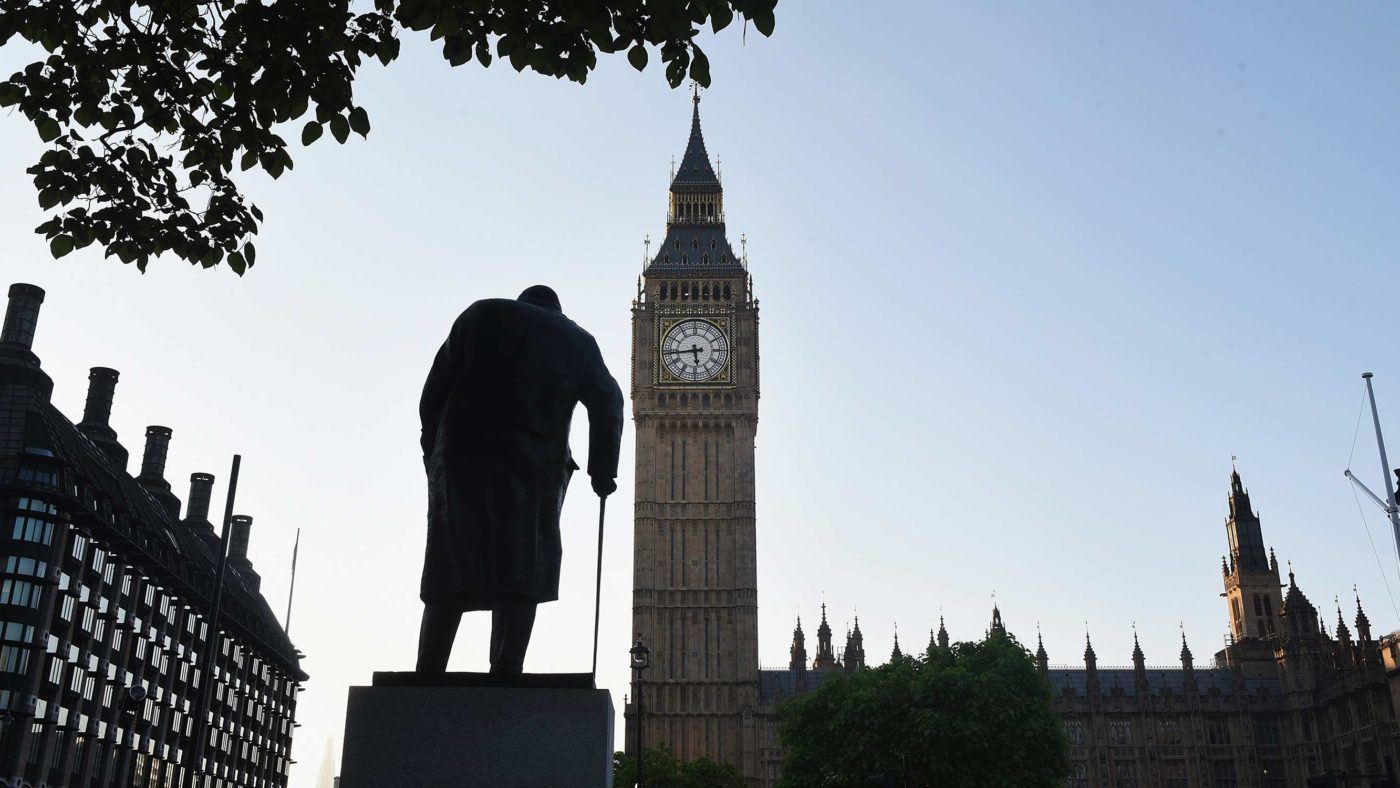The United Kingdom’s (UK’s) decision to leave the European Union (EU) undoubtedly presents huge opportunities for the UK’s economic prospects, and from a personal perspective I am pleased the country voted this way. The further weakening of the Labour party in defeat and the resolution of the EU question have created a unique opportunity to promote a wide ranging supply-side revolution, which could help boost the UK’s medium to long term economic growth potential.
Of course, such a transition won’t come about overnight. However, there are many areas where the Government will be able to help business thrive in the UK. There will be a chance to remove many unnecessary regulatory burdens on industry, including those related to climate directives and investment fund regulations. Furthermore, the UK will now be able to go about drafting its own free trade deals with countries outside the EU, regaining control of this ability from the European Commission. A majority of UK exports already go to non-EU countries, and non-EU destinations will be of growing importance to the UK going forward.
We must remember, however, that many factors holding back the UK economy have absolutely nothing to do with the EU. The Government has ducked major decisions on vital infrastructure projects. For example, the UK has consistently delayed a decision on whether there should be a new runway at Heathrow or Gatwick – something that is the source of major national embarrassment. This is hugely damaging given that Heathrow is already at capacity and Gatwick is approaching the same point. Moreover, the UK’s arcane planning regulations continue to be a major cause of the UK’s housing crisis, which is a persistent drag on the health of the economy. And, of course, the UK suffers from chronic problems in education and skills. It is deeply worrying, for example, that over 20% of British teenagers lack basic literacy skills – the highest of any developed nation.
The UK’s exit from the EU must, of course, be viewed as an opportunity for reform, but it certainly isn’t the “silver bullet” to the UK’s economic woes. The priority now is for the Government to reconcile its political differences. The UK needs to get on with implementing the necessary supply-side reforms to meet the important economic challenges that our country now faces.


